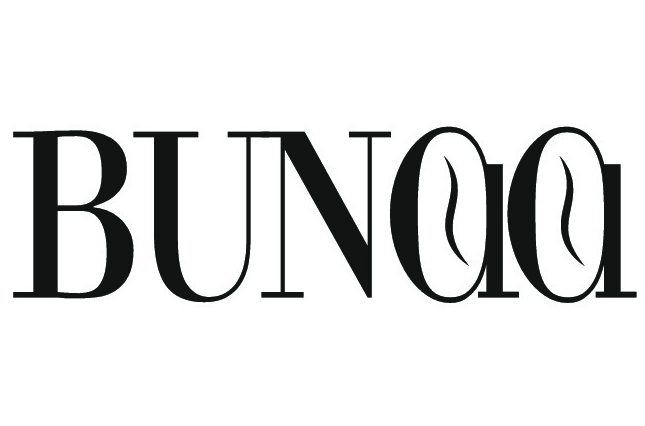Today, the focus is on sustainability, which is intended to provide consumers with the help of labels a better conscience by consuming. What is hidden just behind each organic coffee label is rarely really clear.
In general, they promise better prices and working conditions for the producers and ensure that certain social, ecological and economic criteria have been met. Each label has different requirements and controls. Therefore, a comparison is worth it.
What you should always keep in mind is that fair trade and organic coffee labels can never guarantee complete safety and non-certified products can hold the same criteria, just without a label. Reasons for this could be the cost of the admission fee (approx. € 5,000 per cooperative for a FairTrade seal or approx. € 2,250 for the UTZ or Rainforest Alliance).
The following list will hopefully enlightening and helpful for the next coffee purchase.
Advertisment
Organic Coffee: The most common labels in Germany:
- Stands for fair income for the farmers, with focus on small farmers.
- Farmers get minimum price for coffee: $ 1.40 per pound + $ 0.30 at organic certification of the producer.
- Per sold pound of Arabica green coffee $ 0.20 Social bonus.
- At least $ 0.05 must flow into projects for productivity or quality improvement.
- On demand, there is a prepayment of the purchase price.
- Long-term contracts
- Promoting sustainable, ecological practices to improve cultivation.
- Protection of tropical ecosystems and their biodiversity.
- No minimum income, but help to increase income through productivity increases.
- Sustainable cultivation
- Transparency along the entire supply chain
- Productivity and quality improvements
- Technical support for farmers
Further Fairtrade certifications worldwide are e.g. 4c Coffee Association, Cooperative Coffees, Equal Exchange
Advertisment
- Compulsory label, not voluntary, as the German organic coffee seal
- Max. 0.9% genetically modified material and at least 95 % of the ingredients must come from organic farming.
- The guidelines of many German organic associations are much stricter than those of the EU organic regulation.
- If at least 95% organic coffee and farms are managed according to the EG Eco-Regulation.
- Chemical-synthetic plant protection products and mineral nitrogen fertilizers are not permitted.
- The use of genetic engineering is prohibited.
- Independent regular controls, the lowest German Organic Standard
- Organic coffee from a sustainable business
- Practiced natural and environmental protection
- Preservation of air, soil and water.
- Ecological forestry and aquaculture.
- Basically based on an organic-biological cycle management.
- Synthetic pesticides and chemical-synthetic nitrogen fertilizers are dispensed with.
- Sustainable and environmentally food production also includes careful processing.
- Periodically inspected by state-approved inspectors.
- Has the oldest ecological form of cultivation as a guideline and is strictly controlled.
- The biodynamic cultivation form counteracts the greenhouse effect.
- The soil fertility takes the key role in the thinking and action of Demeter.
You can find further organic labels here >>
Because the topic of sustainability is very important to me, the coffees I introduce to you from the various cultivation areas around the world, are mostly direct or fair trade and organic, whether certified or not. Nevertheless, one should also listen to critical voices. On Fairtrade I have found the following articles in the magazine Zeit.
Sources: test.de, coffeecircle, ökolandbau, kaffeeverband, biodukte, pinterest
For advertising links on this page the dealer may pay a commission. These advertising links are marked with an asterisk (*) – images and banners are marked with “Ads” or “Advertisment”. There are no costs for you. Find more information in the data protection regulations here.








